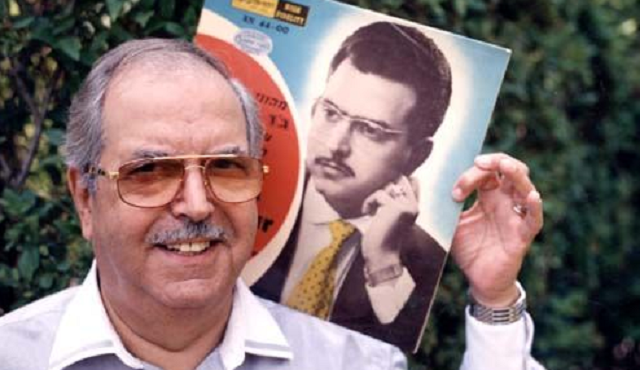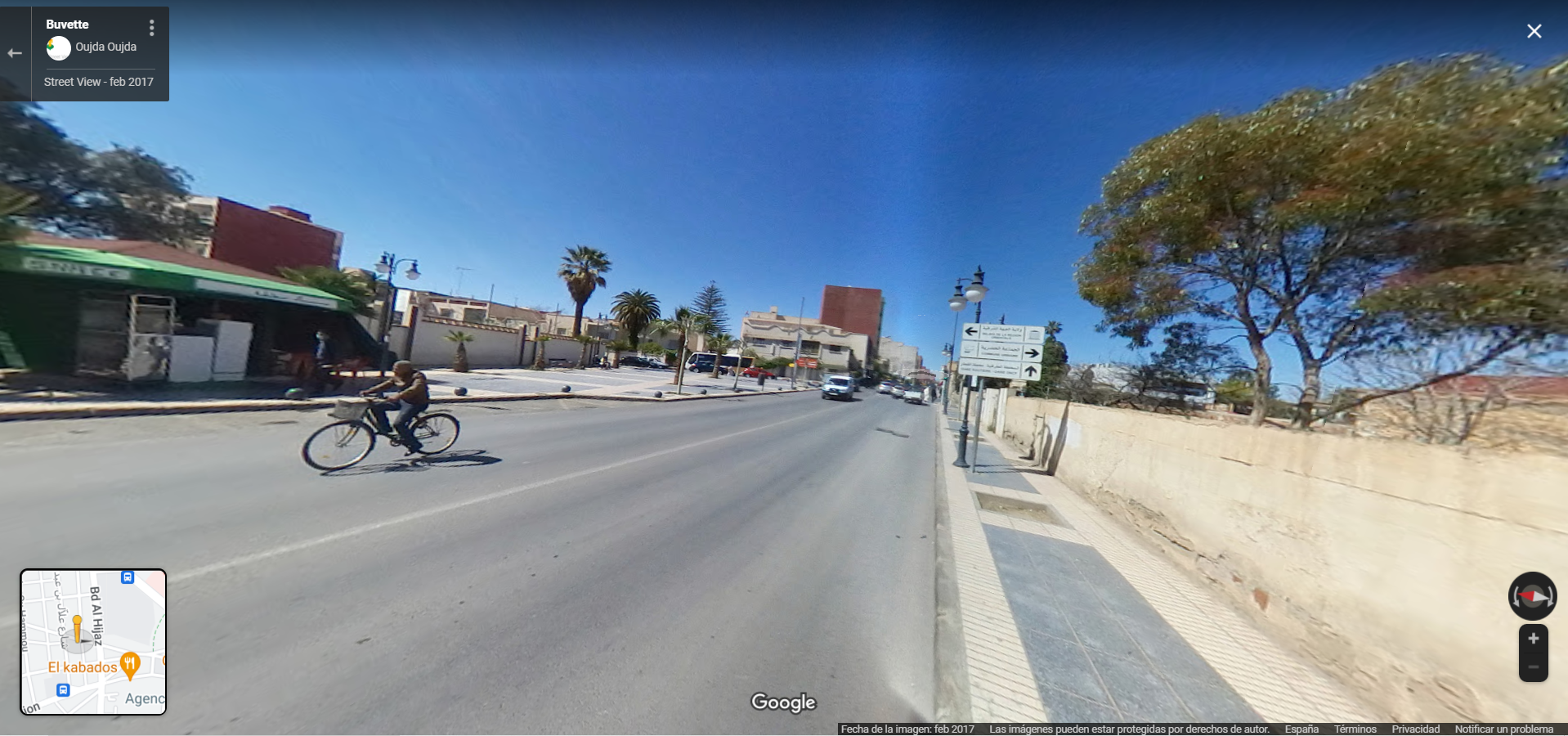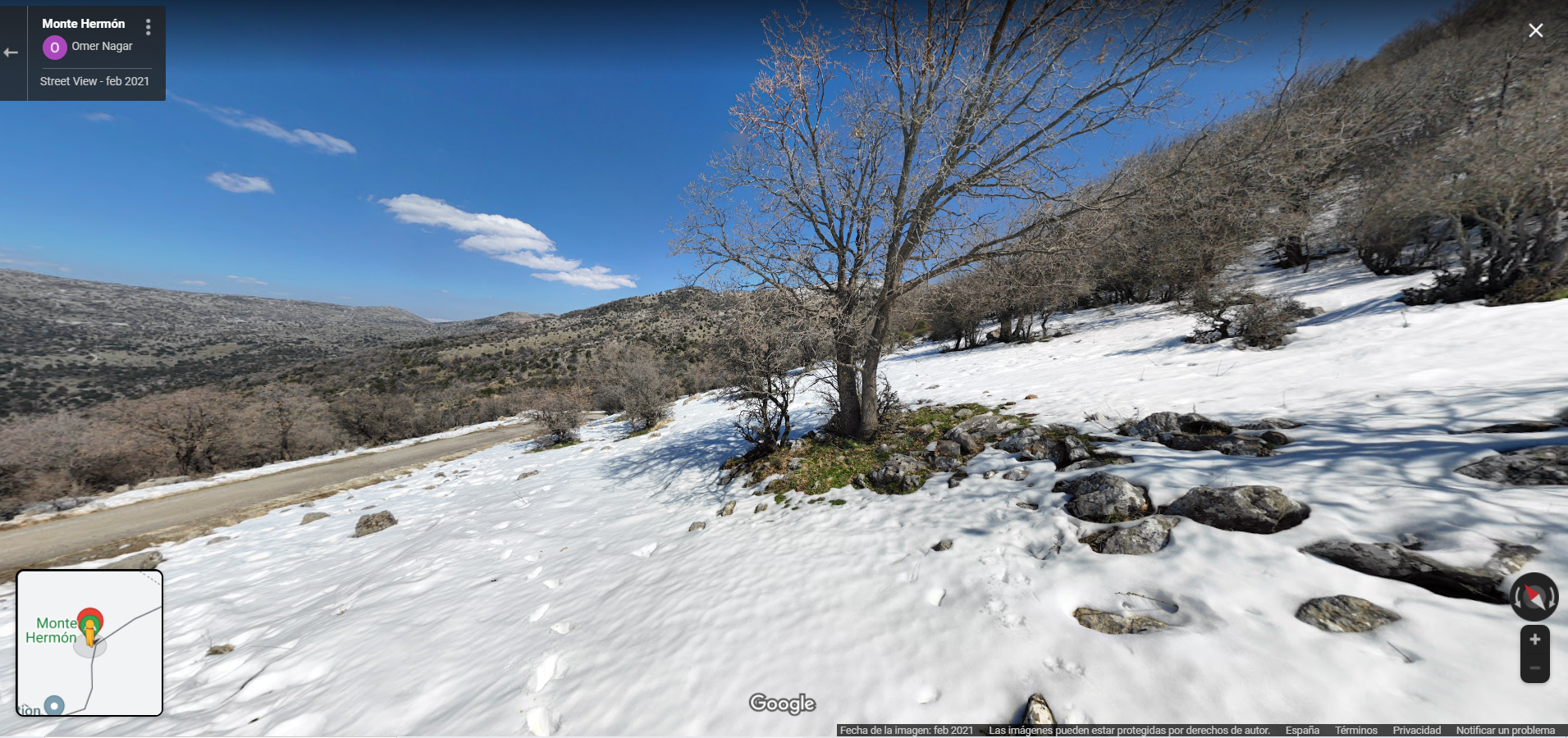25th March 2022 – Shabbat is almost here
And today we will listen to the Moroccan singer Jo Amar with a mizrahi song for Shabbat
Hello, how are you? I hope well.
The world is still in a mess. The invasion of Ukraine continues and the news is increasingly tragic. Here in my country we are in a quasi-revolutionary situation, with the claims of the agricultural, livestock and transport sectors, which are leading to shortages of some products in the shops and the disruption of the supply chain for some industries. Almost all sectors are struggling and expectations are not encouraging.
To make matters worse, a few days ago the Spanish prime minister made a surprising gesture by writing to the King of Morocco indicating his support for the situation the latter wants for Western Sahara: to become an autonomous region within Morocco. The Saharawis, who have been refugees in the middle of the desert in Algeria for 47 years, will not accept this.
This conflict has been raging for 47 years and now our prime minister, under his own decision, without notifying the rest of the government, almost at night and with malice aforethought, has taken a step with very serious consequences. In the process, he has succeeded in getting Algeria to recall its ambassador for consultations… Yesterday I was talking to a contact in Portugal and he told me that this news does not reach them. For Spain it is a very complicated issue. If you want to know more about this conflict, you can take a look at Britannica, for example.
In any case, our protagonist today is a Moroccan-born artist and one of the figures who shaped Mizrahi music in Israel: Jo Amar.
About Jo Amar

“Yosef Amar was born on 1 June [1930, this is added by Araceli, as it is not mentioned in the obituary] in Oiujda, in the Moroccan region of Settat, where his grandfather had been the grand rabbi of the Sephardic community. Although his first intention was to teach Hebrew, music appealed to him so much that, on his first visit to Israel, he managed to get a radio station to broadcast some of his songs. They were already pulsating with the fusion of music from the Maghreb with his Sephardic roots, which he mixed with Western tastes.”

“Soon after, in 1956, he moved to live in Israel, where he became an icon for immigrants from all over North Africa and also from Eastern Europe, who remained confused in a new country whose customs were strange to them, even though they all shared the same religion. In this sense, Jo Amar’s songs had a unifying effect on this melting pot of people from all over the world who wanted to live together under the single umbrella of a shared religion, but with great differences in customs after centuries of diaspora.
He went on to perform at Carnegie Hall in New York, and gave concerts before audiences in Brazil, South Africa and even Iran”.
The aforementioned website of Radio Sefarad explains also that “In 1970 he moved to the USA and became a highly successful jazan (liturgical cantor), before returning in 1990. He published an anthology and recorded over 20 albums, including two with the Andalusian Orchestra of Israel.”
“Making miserable people happy – that has been my greatest contribution.” are words by Jo Amar, mentioned in that obituary. If you like Jo Amar, read it full. It is really interesting.
On this same text, Edwin Seroussi explains that: “Amar was a product of the colonial period in Morocco. The style of his songs was an amalgam of Moroccan and French music – or, in more widely used terminology, French-Arabic chansons. Amar was also strongly influenced by Spanish music. In the mid-1950s, he brought this combination of worlds with Moroccan music to Israel.”

About the piece
“Shalom Leben Dodi” is one of the mizrahits. The concept is not mine, I found it while searching for information, but it is very significant to indicate that it is a super hit, a very popular piece. You can find dozens of versions on Youtube.
The Moroccan piyyut “Shalom Leben Dodi“ was written by Shlomo Ibn Gabirol, one of the greatest poets of Spain in XI century. Ibn Gabirol was born in Malaga, in Andalucia, Spain, in 1020 or 1021. He is such an important figure that even the Jewish school in Madrid is named after him. But his relevance in culture transcends the Jewish world.
In the piyyut there is a dialogue between the people of Israel and God, represented as, on many occasions in the piyyutim, by two lovers. You can find the lyrics in Hebrew and a translation into English, here. I already talked about this song in the edition about Suliman the Great.
I don’t want to be irreverent, but if the lyrics are well translated, they seem to me to have a very explicit sexual charge. The interpretation that it is a metaphor for the people of Israel and the coming of Shabbat, well, I accept that also makes sense. But, please, read:
And pour myself upon you like the dews of Mount Hermon.”

In any case, it is amazing to be listening to a text that goes back almost 1000 years.
It’s time to enjoy the music. Click the picture to listen to Shalom Leben Dodi, by Jo Amar, live at the Tel Aviv Hall of Culture on a not identified date:
